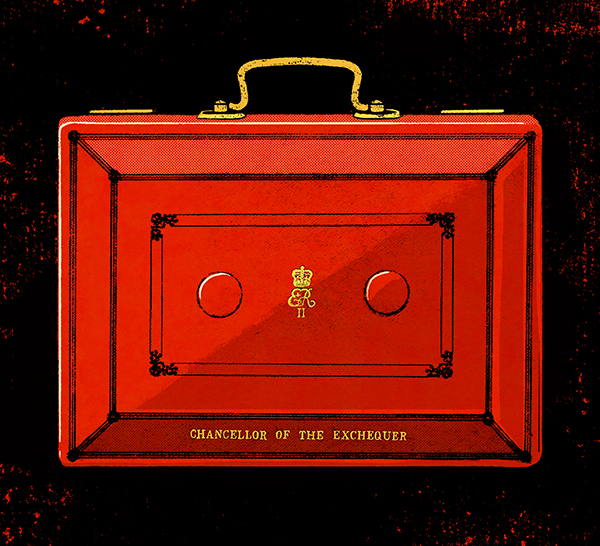The art of effecting change
Editorial: The Budget announcement brought changes welcomed and less welcomed by the industry, such as the tax on qualifying recognised overseas scheme transfers and the money purchase annual allowance, but it was the focus on the self-employed that might give a flavour of what is to come.
Chancellor Philip Hammond took aim at the self-employed with a hike in class 4 national insurance contributions, saying this group should contribute equally to state coffers now it has access to the same state pension and welfare benefits as employees. The measure promptly came under fire from MPs.
But some in the pensions industry wanted him to go further and have bemoaned the fact Hammond did not build on this change to make the self-employed convert some of their NICs to pension saving.
But it is perhaps not surprising the chancellor has not gone down this route while an inquiry by the Work and Pensions Committee into the gig economy, which covers many aspects of self-employment, is still ongoing.
However, the rising numbers of people in the UK who are self-employed means something will need to be done with regard to their pension provision, particularly as only a minority of them put money away for retirement, according to the Department for Work and Pensions.
Hammond might not have the sledgehammer approach to pensions that became George Osborne's hallmark, but it was the Pensions and Lifetime Savings Association's focus on the possibility of merging defined benefit schemes into “superfunds”, proposed this week, which was met with sceptical faces, as questions over moral hazard, the possibility of lower benefits and section 75 debt remain unanswered.
The proposal was made by the PLSA's DB Taskforce, whose chair Ashok Gupta was undeterred by the industry’s apparent resistance, urging them to make a mental leap in order to see what could be possible to solve the problem of scheme fragmentation and therefore cost inefficiency.
And it is indeed perhaps surprising that DB multi-employer funds have not taken off in the UK. However, it is equally unclear whether schemes really need to be detached from their sponsors and benefits changed in order to profit from scale, as the taskforce proposed.
Many employers can still support their scheme according to the Pensions Regulator and the Department for Work and Pensions; the radical nature of the suggested solution makes it therefore much less likely to find support.


